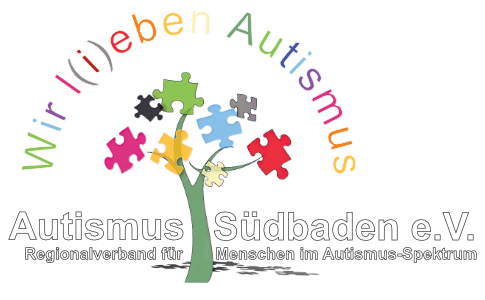Wie fühlt sich das Leben im Autismus-Spektrum wirklich an? Welche Herausforderungen bewältigen Menschen, deren Wahrnehmung sich von der Mehrheit unterscheidet? Die neue 37°Leben-Reportage „Anders vernetzt – Autismus“ nimmt uns mit auf eine einfühlsame Reise in den Alltag von Menschen, die mit ihrer besonderen Art zu denken, fühlen und leben oft auf Unverständnis stoßen.
Autorin Stephanie Drescher begleitet in dem Film unter anderem Karin, Dozentin an einer Pädagogischen Hochschule, und Nico-Raphael aus Leipzig. Beide schildern eindrucksvoll, wie Reizüberflutung, soziale Unsicherheiten und das Gefühl, „anders“ zu sein, ihren Alltag prägen. Karin fühlt sich oft fremd unter Menschen, ohne erklären zu können, warum – Nico-Raphael fällt es schwer, im sozialen Miteinander seinen Platz zu finden. Trotz dieser Herausforderungen zeigen ihre Geschichten auch Wege zu erfüllten Freundschaften, Beziehungen und persönlichem Erfolg.
Die Reportage beleuchtet die Vielfalt im Autismus-Spektrum und macht deutlich, wie wertvoll eine medizinische Diagnose sein kann – um die eigene Situation besser zu verstehen und sich selbst anzunehmen. Gleichzeitig wird erläutert, weshalb die Diagnose oft nicht einfach ist und wie unterschiedlich sich Symptome zeigen können.
Sendetermine:
Ab Freitag, 29. August 2025, 8:00 Uhr in der ZDF Mediathek: https://www.zdf.de/video/reportagen/37-grad-leben-102/anders-vernetzt–autismus-102
Wer Interesse an authentischen, berührenden Einblicken in das Leben neurodiverser Menschen hat, sollte sich diese Reportage nicht entgehen lassen!
Schalte ein und entdecke, wie bunt und vielfältig das Leben sein kann!




